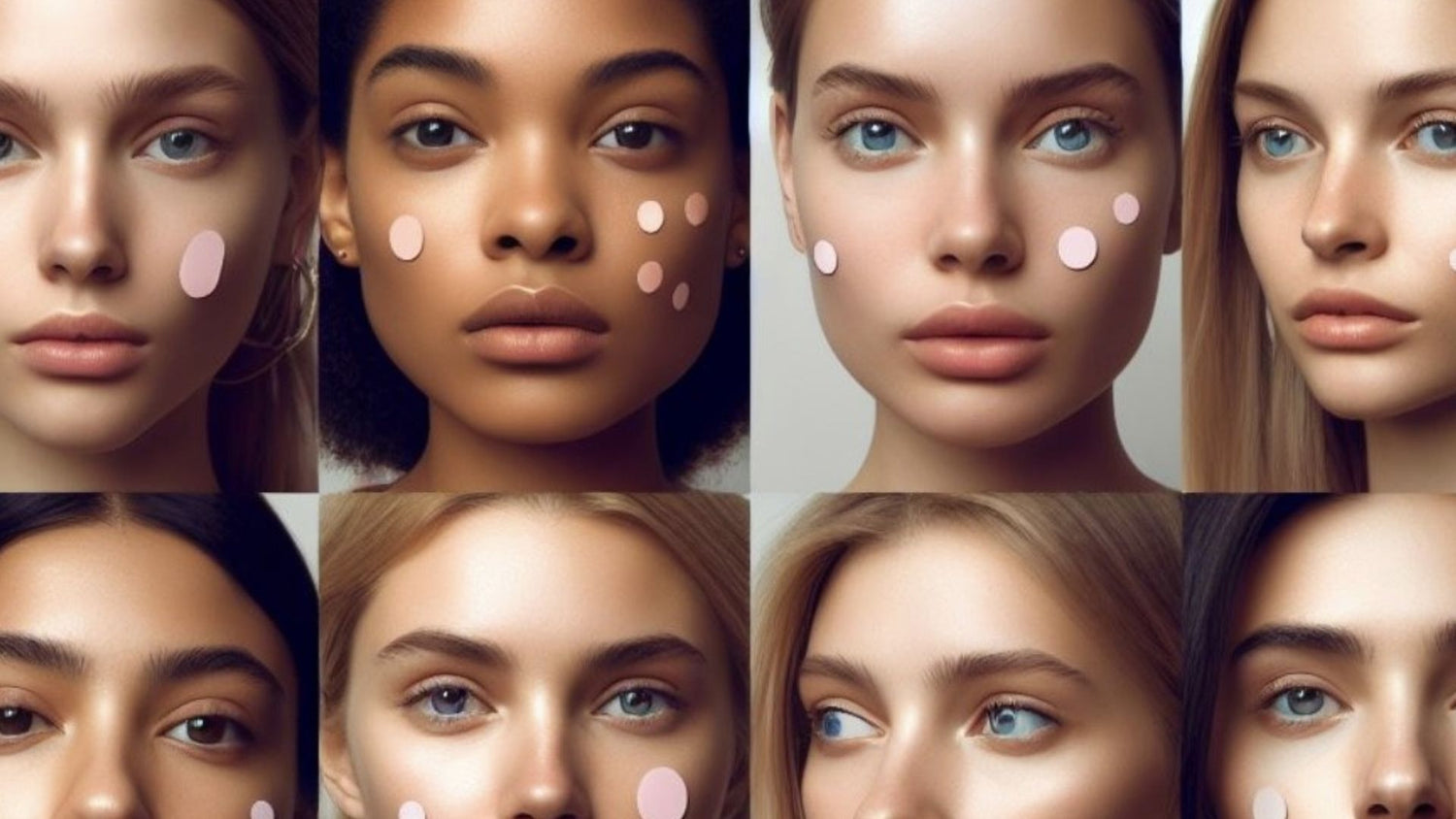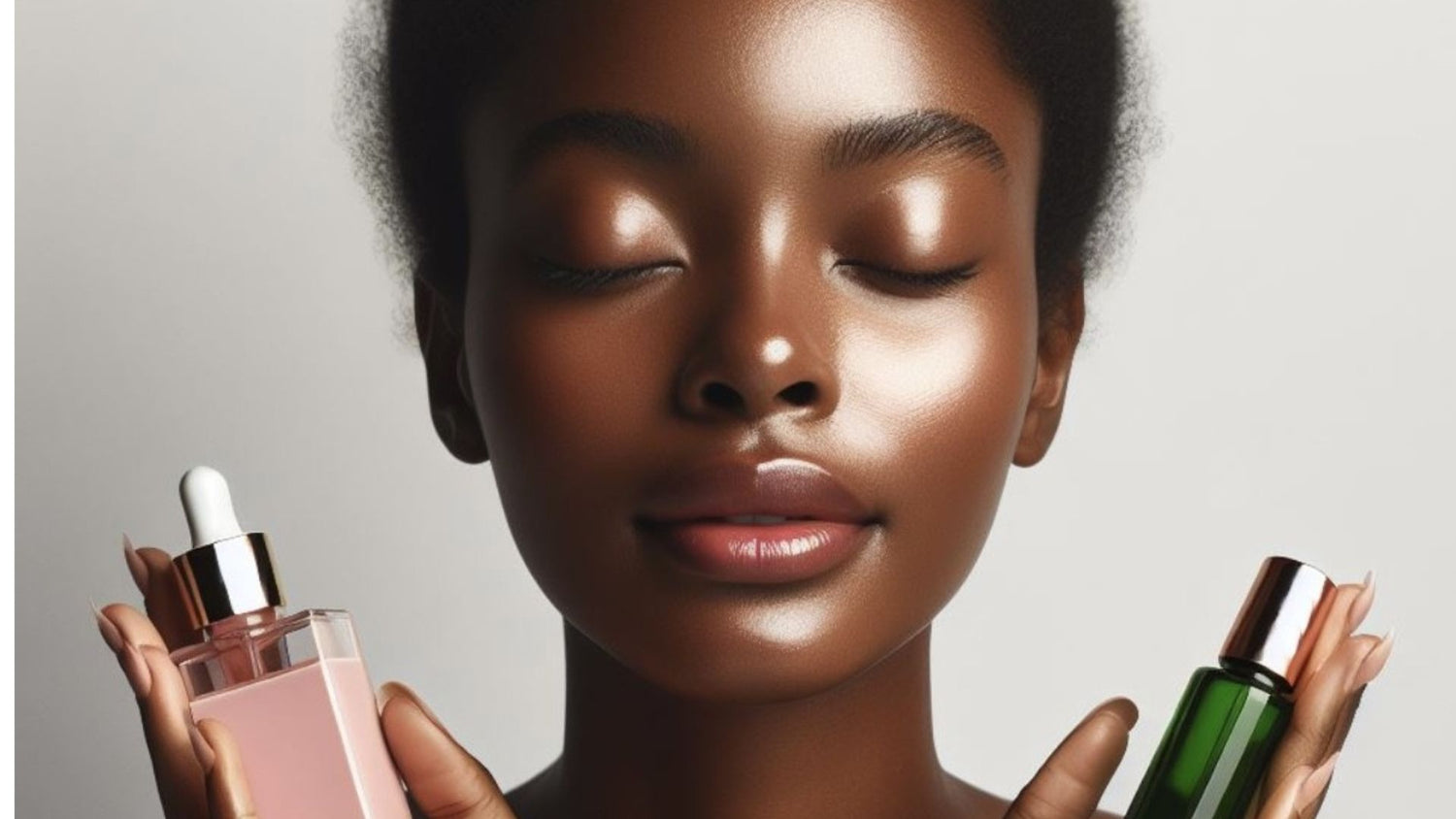We love getting our nails done! But, are you aware of some skin health risks that can do more harm than good? Whether you get your manicures/pedicures professionally done, or do it yourself at home, having beautiful nails is less a matter of luck and more a matter of caring for them correctly. Read on to learn some dermatologists’ top manicure and pedicure tips, including how to prevent nails from yellowing, how to avoid infection at spas and more!
1. Apply a cream to moisturize your nails, especially after removing nail polish since most removers contain chemicals that dry the nails.
2. To prevent infection, never cut or forcefully push back your cuticles. If you must push them back, only do so gently after a shower or bath.
3. While most nail salons follow strict cleanliness and disinfection guidelines, look for the following when visiting a salon:
– Does your nail technician have the necessary experience and/or license, if required?
– Are the stations clean?
– Does the nail technician wash her hands between clients?
– Are there dirty tools lying around?
In addition, do not hesitate to ask how they clean their tools.
4. Shave your lower legs after getting a pedicure, not before. That means not shaving your lower legs for at least 24 hours before you get a pedicure. If you nick yourself while shaving, a pedicure could put you at risk for an infection.
5. If you get frequent manicures and pedicures, consider purchasing your own tools to be used at the salon.
6. In addition, check that the pedicure footbaths and filters are thoroughly disinfected before you use them. If they are improperly cleaned, they can harbor bacteria and fungus. If the salon does not appear clean, then move on.
7. If you want to wear a bright red or orange polish, prevent discoloration by applying an extra layer of base coat. If your nails become yellowed and discolored from the polish, your nails should return to normal color over several weeks if the same color is not reapplied.
8. While some people beg to differ, there is no scientific evidence that immersing nails in gelatin makes them stronger. Polishes that contain strengthening ingredients increase nail stiffness, which may make nails break more frequently.
9. Do not wear artificial nails to cover up nail problems as they may make them worse. Artificial nails are not recommended for people who are prone to fungal infections or have brittle nails. For people with healthy nails, artificial nails can be fine as long as they are not worn continuously.
Know what products are used in your artificial nails as the substances used can cause an allergic reaction in some people. If you develop a rash or other reaction, tell your doctor what products you used.
If you have questions or concerns about caring for your nails, you should make an appointment to see a dermatologist.
Do any of you lovely ladies already follow some of these tips? Are any on this list news to you? Let us know by commenting below and re-Pinning this on Pinterest (you just might win a free sample)! Make sure to follow us on our Pinterest page by clicking HERE! And don’t forget to get the latest beauty and skincare news by following us on Twitter @BeautyStat!
For more giveaways and contests, sign up for our newsletter HERE.
If you like this post, share it with your friends and give it a LIKE on Facebook.






